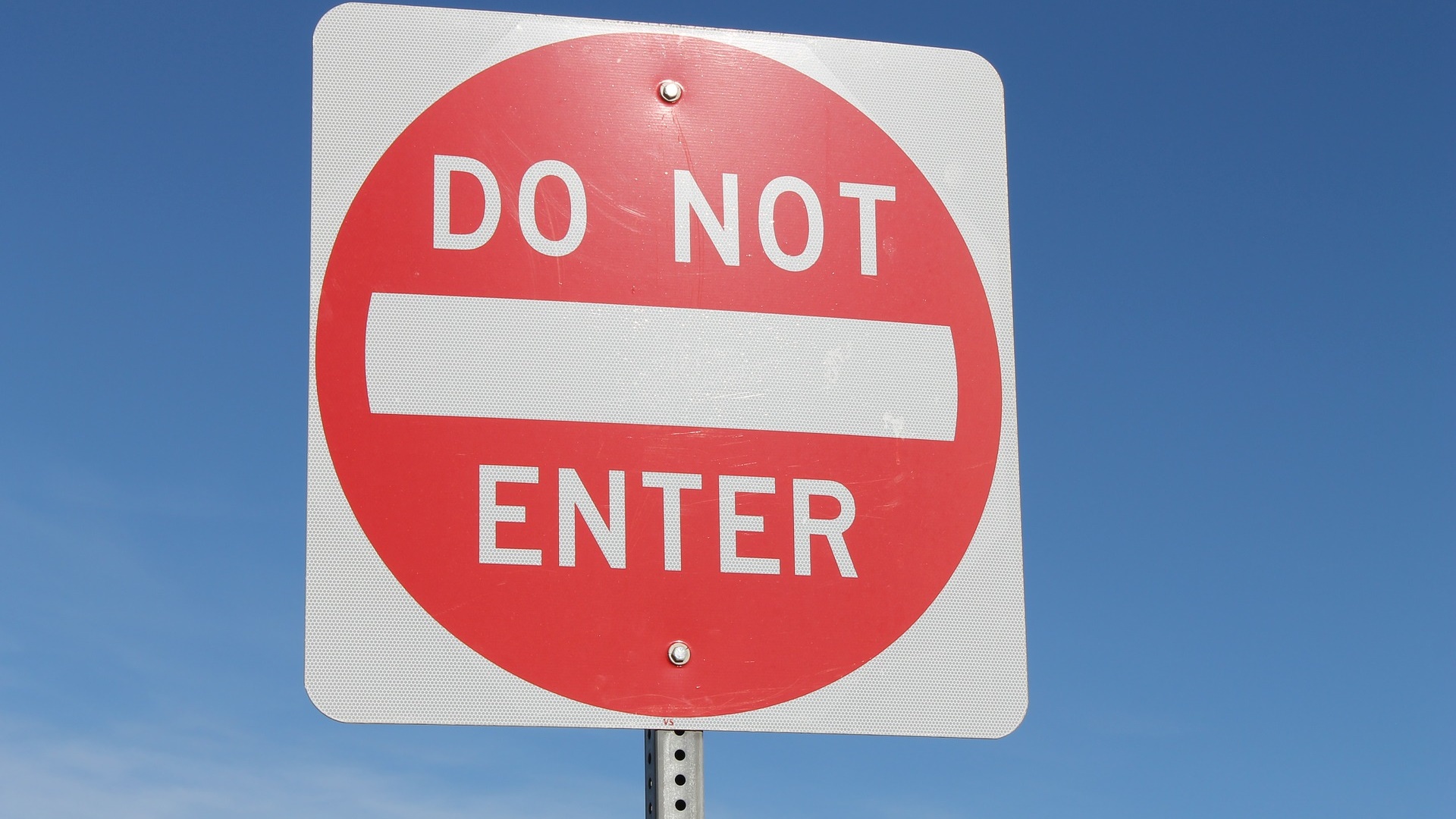At the weekend Meta took down a network of accounts that were spreading misinformation but now the firm has moved to restrict access to Russian news outlets.
To be fair, Meta is not alone with TikTok, YouTube and Microsoft all opting to limit the reach of Russia Today (RT) and Sputnik on their respective platforms.
“We have received requests from a number of governments and the European Union to take further steps in relation to Russian state-controlled media. Given the exceptional nature of the current situation, we will be restricting access to RT and Sputnik across the EU at this time,” wrote Meta.
Why are so many social media platforms moving against RT and Sputnik? In a word, misinformation.
The European Union’s president, Ursula von der Leyen had harsh words for Russia in a statement made at the weekend.
Outlining the Union’s response as regards Russia’s invasion of Ukraine, von der Leyen said “…in another unprecedented step, we will ban in the EU the Kremlin’s media machine.”
“The state-owned Russia Today and Sputnik, as well as their subsidiaries will no longer be able to spread their lies to justify Putin’s war and to sow division in our Union. So we are developing tools to ban their toxic and harmful disinformation in Europe,” the EU president added.
Whether this will be enough to stop the spread of misinformation is unclear but we don’t like the odds. Misinformation has a habit of finding its way on to fringe websites and smaller sites that pop up almost daily. Beyond that, misinformation posted by individuals on private blogs, instant messaging groups and more is incredibly hard to police.
Of course, this move has been met with cries of censorship but all social media firms are private entities and as such, are free to decide what is and what isn’t allowed on their platforms.
While some will argue that restricting access to these news organisations sets a dangerous precedent, allowing these organisations to spread misinformation and propaganda is also a dangerous precedent to set.
State-owned media is not the only thing that is being hit with restrictions. Many countries including the US, UK, Canada and the EU have imposed a number of sanctions on Russia.
These sanctions include being cut out of Swift’s international payments system which makes it harder for Russians to transact with other nations. According to The Guardian, Russian banks including VTB, Bank Rossiya and Promsvyazbank have been hit by asset freezes and other restrictions.
As the Russian invasion wears on we suspect more restrictions and sanctions will be placed on it.

